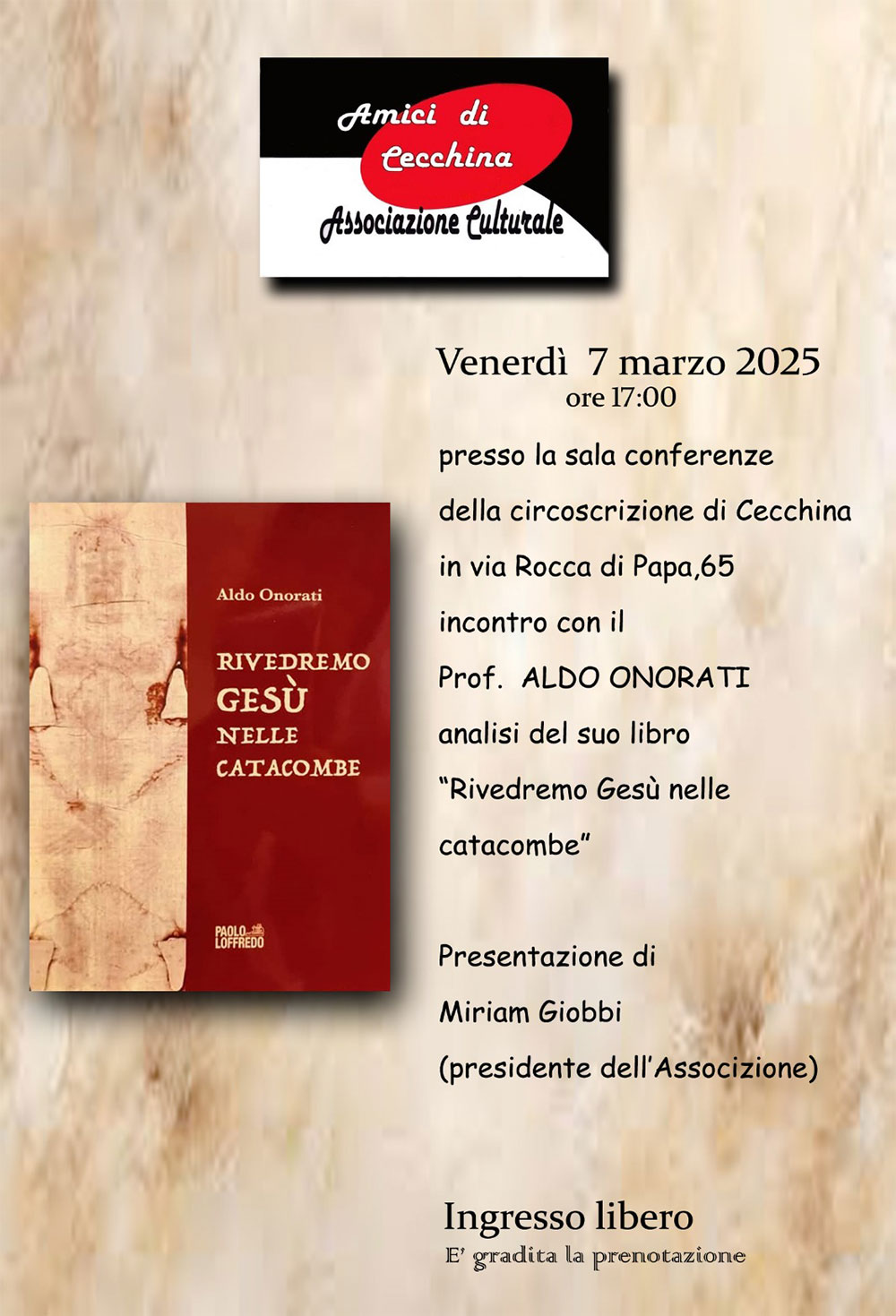 Paolo Loffredo, sixth generation of a large family of publishers and booksellers engaged in the production and distribution of books since the late nineteenth century, creates in 2012 the new editorial company Paolo Loffredo Editore. The historical site was until the '80s in the heart of the historic centre of Naples in Via San Biagio dei Librai, lower Decumano and also known as the SpaccaNapoli.
Paolo Loffredo, sixth generation of a large family of publishers and booksellers engaged in the production and distribution of books since the late nineteenth century, creates in 2012 the new editorial company Paolo Loffredo Editore. The historical site was until the '80s in the heart of the historic centre of Naples in Via San Biagio dei Librai, lower Decumano and also known as the SpaccaNapoli.
At the beginning of the twentieth century, Giuseppe Loffredo decided to add book selling to the book production, which definitively imposed itself after World War II with the publication of manuals for the University and for the School that succeeded in establishing themselves soon throughout Italy.
LAST EVENT
"Rivedremo Gesù nelle catacombe"
07 Marzo 2025 - Sala Conferenze circoscrizione di Cecchina - via Rocca di Papa 65, Albano Laziale (RM) - ore 17,00

Mercanti e civiltà mercantile nel Decameron
ISSN 2283-4281
Language: Italian
Publisher: Paolo Loffredo Editore Srl

Description
Mercanti e civiltà mercantile nel Decameron
The merchants, considered in the past as the bishops of an “epopee”, are surely not praised in the “Decameron”; anyway, in the novels the middle classes are not even blamed. The merchants give the opportunity (literal, rhetorical and anthropological) to narrate the world with its vices and virtues, concrete choices and potential rushes. The stories of the merchants extend the social stratigraphy of the “Decameron” and allow to introduce cultural meditations. Therefore, the book presents a collection of merchant novels into four chapters, focussing on interpersonal relationships and on friendships (I, 1-3); on the desire of recognition and personal affirmation (I, 8; IV, 8; VII, 7-8); on love (II, 7; IV, 2-3; IV, 5; VII, 5; VIII, 1); on fortune (II, 2-5 and 9; VIII, 10).
There is no doubt that Boccacio’s work can be considered as a novelty compared to previous works: the merchants are described as carriers of atavic and caricatural limits in the middle latin production and in the “Novellino”, while in the “Decameron” are the very leading actors, despite their acts and mentality. Boccaccio does not evocate those figures to accomplish a didactic or moralistic function, he exploits the whole potential of the merchants, offering a complex and ambiguous representation of them.
The interpretation of the novels, which privileges the intertextual and stylistic analysis, also uses the codes Boccaccio wrote himself, the treatises and memories of the medieval merchants (Paolo de Certaldo, Pegolotti, Cotrugli, Lenzi, the anonymous “Ragioni di mercatura”), in order to consider the differences between literature and the historic reality.



